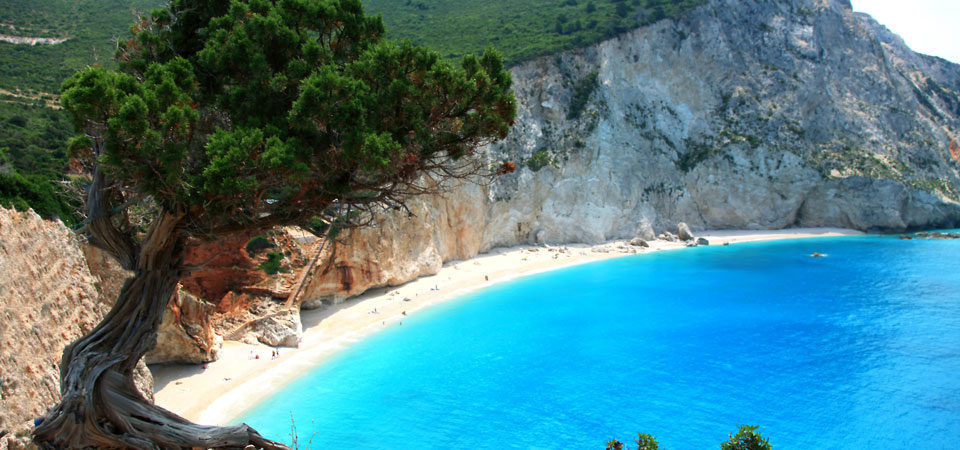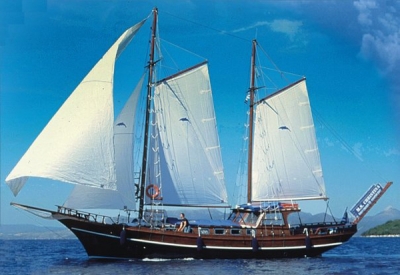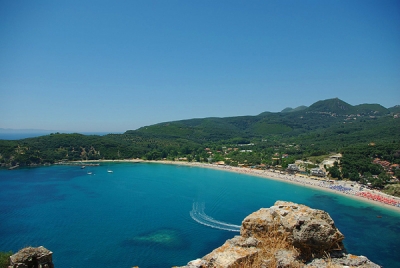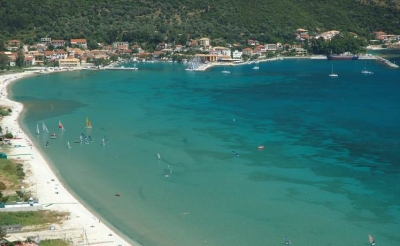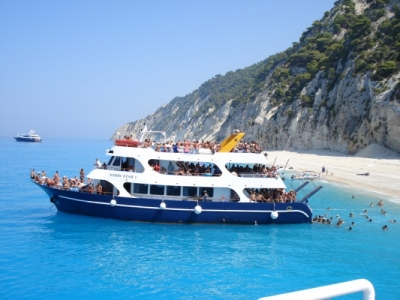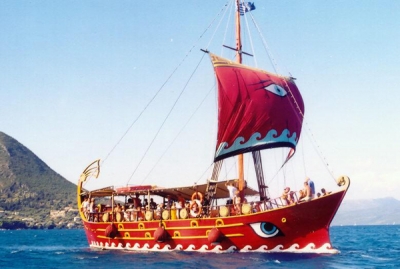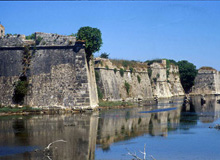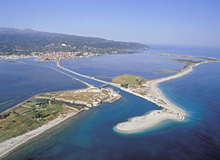History
Lefkada’s legendary history stretches back to Homeric times; according to the German archaeologist Dorpfeld, who excavated some sites on the island, Lefkada is Homer’s Ithaca.
According to tradition, the first inhabitants were Leleges. In 650 BC Lefkada was taken by Corinth. It later regained its independence, but in 303 BC it was captured by the Macedonias.
Then it passed into Roman hands. Under Byzantium, Lefkada was part of the ‘Theme’ of Cephalonia. In 1204 it was taken by Venice and in 1479 by the Turks. After this, Lefkada underwent all the waves of invasion suffered by the other Ionian islands, with occupation by the Venetians again, by the French, the Russians and finally the British.
Although still under British control at the time of the Greek War of Independence in 1821, Lefkada made a significant contribution to the struggle. In 1864 Lefkada was rejoined to Greece, with the other Ionian Islands. Lefkada was the birthplace of the famous Greek poets Angelos Sikelianos and Aristotelis Valaoritis.
Museums
In Lefkada town is the Archaeological Collection, which consists of finds from the various excavations. There is a Folklore Museum with collections of local costume and embroidery, a Phonograph Museum and a Municipal Library.

